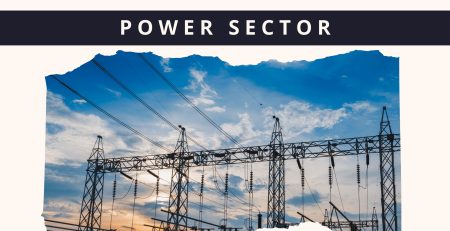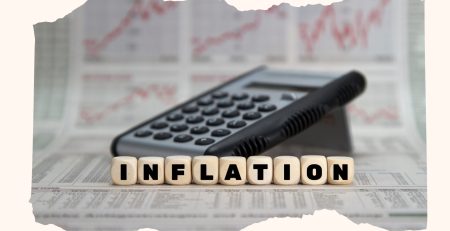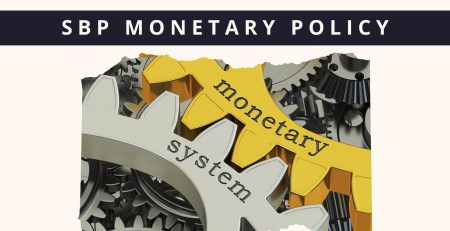Undervaluation of Urban Real Estate: Consequences for National Exchequer
Federal Board of Revenue (FBR) has reported the tax-to-GDP ratio of 10.4% for the fiscal year 2024/25. This falls slightly short of the 10.6% target set in the IMF programme, following a revision in revenue collection target for the year, back in March.
Given a decline in nominal GDP during the first half of the fiscal year 2024/25, IMF had brought down the tax collection target from PKR 12.97 trillion to PKR 12.35 trillion. But the overall tax-to-GDP ratio target was kept at 10.6%.
📢 Announcement: You can now access our services and similar analyses by opening an account with us via JS Global

Income Tax collections of PKR 5.45 trillion were reported to be the largest contributor to total revenues. Petroleum levy also continues to exhibit accelerated growth, which has been the case since 2019/20.
Here, we shed light on the Urban Real Estate sector that has immense potential to contribute a substantial amount to FBR’s revenue collections. We also highlight structural challenges for the federal and provincial authorities, that have led to continued hindrance in stated objectives.
Revenue potential from immoveable properties
Real estate sector holds great significance in terms of its contribution to the national GDP. Estimates indicate approximately 5% share in annual GDP, which excludes the effects of related sectors such as cement, and housing finance.
📢 Announcement: We're on WhatsApp – Join Us There!
Within the wider real estate sector, a key sub-vertical is the market for urban immoveable properties. For a better part of the last decade, FBR has been coordinating with provincial authorities to bring more immoveable property owners in to the tax net. But a lack of formal structure in the real estate market in Pakistan has proven to be a detriment to the cause.
As per The Income Tax Ordinance 2001, an immoveable property with a land area of 500 square yards or more, obliges the respective owner to file annual income tax returns.
However, FBR has been unable to maintain any form of live data bank on immoveable properties. This created room for tax evasion and lack of parity in sectoral tax collections, as there was no access to real-time property valuations and details about respective owners.
Property valuation dynamics
Real estate market in Pakistan lacks a well-crafted mechanism for timely revision of urban property valuations. At present, FBR issues valuation updates in consultation with provincial authorities, who work in coordination with developers and builders’ associations based in different cities. But this has often led to manipulated figures, delays in adjustments, and issues surrounding coverage of the broader real estate market in the country.
Consequently, most of the properties remain undervalued which works in favor of owners, who get away with paying lower taxes compared to fair market rates. The resulting undervaluation is also caused by a lack of uniformity in valuation approaches. In fact, many a times, FBR valuation table even fails to account for new housing schemes altogether.
For instance, after revisions made in 2022 which included 42 cities, there had been a gap of more than 2 years in updating property values. It was only in the last quarter of 2024 that FBR decided to adjust valuations up to 75% of market rates. They also expanded the coverage to additional 14 cities, and set different rates for industrial, commercial and residential properties.
Way forward
Going forward, FBR needs to enforce strict tax collection measures, and stay consistent with timely adjustments to urban immoveable property valuations. They also need to take steps to include more cities in this framework. This, along with appropriate valuation methodologies for different categories of real estate, will allow for improved tax collection from the sector.
Measures proposed in the Federal Budget 2025/26, that restrict non-filers from purchasing immoveable property, could also facilitate FBR in expanding the tax net within the sector. It would ensure transparent documentation of transactions in the urban real estate markets, which are presently characterized by a large sum of black money.
⚠️ This post reflects the author’s personal opinion and is for informational purposes only. It does not constitute financial advice. Investing involves risk and should be done independently. Read full disclaimer →













Leave a Reply